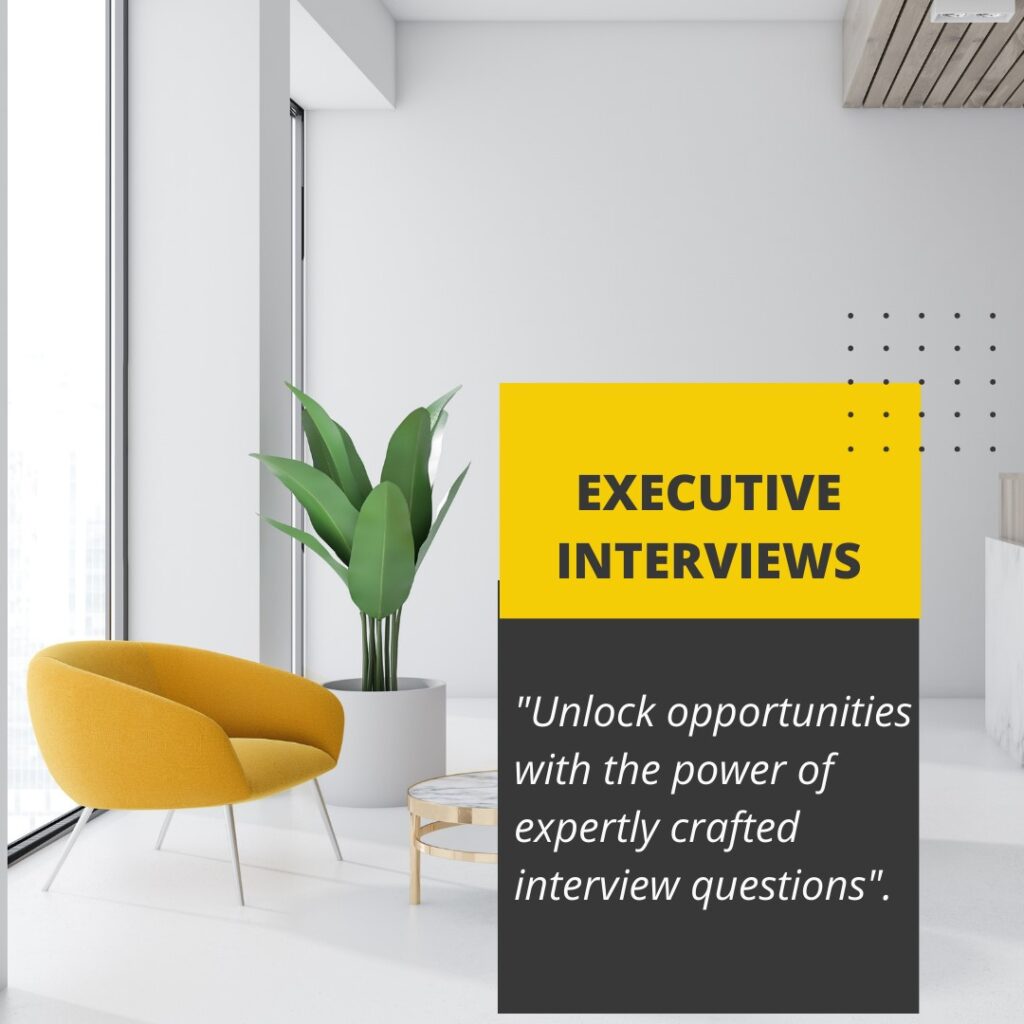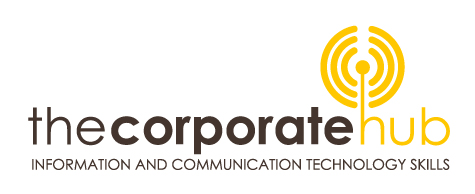Asking insightful and relevant questions during an interview is the perfect way to stand out from the crowd, demonstrate your interest in the position and the company and ability to think critically. It can also provide valuable information about the role, the culture, and the expectations, allowing you to determine if the position is a good fit for you. By asking thoughtful questions, you can positively showcase your skills, experience, and suitability and differentiate yourself from other candidates.
Responses to questions will shed light on existing issues, background information and organisational objectives and goals.
PREPARE INTERVIEW QUESTIONS:
- Take the time to prepare a robust set of questions. It is vital that you learn as much as possible about a company’s services, products, customers and competitors. Go beyond reading the company’s website. Look for social media, and news feeds on company performance, projects, key players in the organisation, customers and the competitors.
- Make sure that you do not ask questions that you can otherwise find answers for.
- It is essential that you prepare every possible response to your questions (yes, no and maybe) to support a continuous discussion flow and to present yourself in the best possible way.
- Asses the need to address issues or ask certain questions. Do not repeat questions.

Job Search Despair
Whether you recently lost your job or are ready to move into a new role, we strongly recommend that applicants follow an organised and planned approach to job seeking
Lost Your Passion?
Changing career paths is not always and option, but you can find happiness and purpose in your current situation
Job hopping
Job-hoppers are individuals who repeatedly move between companies every one to two years. The reason for the move is not the result of layoffs, companies closing down or end of contracts. Millennials have expectations to constantly learn, develop, and advance in their careers.
Interview Preparation
Preparing for an interview can be critical in securing your desired job. It is essential to take the time to research the company, review the job description, and prepare answers to common interview questions. Dressing appropriately and exhibiting good body language, such as maintaining eye contact and giving a firm handshake, can positively impact your interview.
IMPORTANT EXECUTIVE INTERVIEW QUESTIONS:
1. Why is this position vacant?
Reason for asking
- Understanding the circumstances that led to the open vacancy can provide valuable insights into the role, the company, and the team. Knowing whether it is a new opening in a growing company or a replacement position due to a resignation or termination can give you an idea of the company’s current situation and future plans.
How you benefit from asking
- Understanding the circumstances that led to the vacancy and the environment surrounding the role can have significant consequences for both the company and the candidate.
- Knowing about any baggage associated with the position, such as high turnover, poor performance, or complex relationships with coworkers, can help you make an informed decision about the role and whether it is a good fit for you.
- Additionally, having a deeper understanding of the expectations of the role and the company’s goals can guide your interview answers and enable you to highlight your relevant skills and experience and help you decide if the position aligns with your career aspirations. It’s important to equip yourself with as much information as possible to make the best decision for both you and the company.
2. What are the major issues that the company is currently facing?
Reason for asking
- The interview panel may disclose challenges and frustrations that the organisation is facing.
How you benefit from asking
- The interview panel may reveal challenges and frustrations that the organisation faces during the interview process, either through direct questions or in the conversation. This provides an opportunity for you to demonstrate your problem-solving skills, show your understanding of the company’s challenges, and highlight how your experience and expertise can contribute to resolving these issues.
- By actively listening to the interviewer’s concerns and responding with well-thought-out solutions and examples, you can demonstrate your value to the company and position yourself as a strong candidate for the role.
- You will be able to assess if the role and the company align with your career goals and values as you gain a deeper understanding of the company’s challenges and environment.
- Discussing specific examples of challenges you’ve faced and how you successfully approached them can be very impactful during an interview. Preparation is key here, as it allows you to provide concrete and relevant examples of your problem-solving skills and accomplishments. Having a list of achievements and examples of project work ready, shows that you are proactive, organised, and confident in your abilities.
- Researching the company before the interview can help you tailor your examples to the company’s specific needs and goals. By demonstrating how you’ve solved similar problems in the past and how your experience aligns with the company’s challenges, you position yourself as a solution to the company’s challenges and a valuable asset to the team.
3. What qualities and background experiences are you looking for in the ideal candidate?
Reason for asking
- Obtain a better understanding of essential skills, attributes and required background experiences, before you step into a new role.
How you benefit from asking
- Assessing your capability to perform and meet expectations is crucial when considering a move to a senior or executive-level role. These positions often have long-term implications for your career, and it’s vital to ensure that you have the necessary skills, experience, and interests to be successful in the role.
- It’s also important to consider your ability to bring change to the organisation. Executive and senior-level roles often require leadership skills and the ability to drive change and impact the company’s direction.
4. Comment on organisational long and short-term goals
Reason for asking
Long-term goals are fundamentally strategic and shape the overall direction of the company. Short-term goals are the steps required to achieve the longer-term objectives and indicate how well organisations carry out programs.
How you benefit from asking
- A clear idea of a company’s short and long-term goals is essential in evaluating the fit between the company and your career aspirations. By learning about the company’s objectives, you gain insights into why the job exists and what tasks you would be expected to perform.
- Asking about the company’s goals also provides insights into the company’s direction and how it plans to achieve its objectives. Understanding the desired outcomes and the likelihood of successful execution of business and strategic plans can help you assess the company’s potential for growth and advancement. This information can also help determine if the company culture and work environment align with your expectations and preferences.
5. Do you think that your career experience and skills are a good fit for the role?
Reason for asking
- During the interview process, the hiring panel may express concerns or reservations about your application.
How you benefit from asking
- Viewing these concerns as an opportunity to address any potential objections and demonstrate your qualifications for the role is important.
- If the hiring panel expresses reservations about your experience or qualifications, take the time to provide specific examples and accomplishments demonstrating your ability to perform in the role.
- If there are concerns about your fit with the company culture, share your understanding of the company’s values and how you align with them.
- By addressing any concerns head-on, you can demonstrate your commitment to the role and ability to overcome objections.
- It’s also essential to ask for clarification and seek feedback on any concerns expressed. This can provide valuable insights into areas you can improve upon and help you better understand the expectations of the role.
